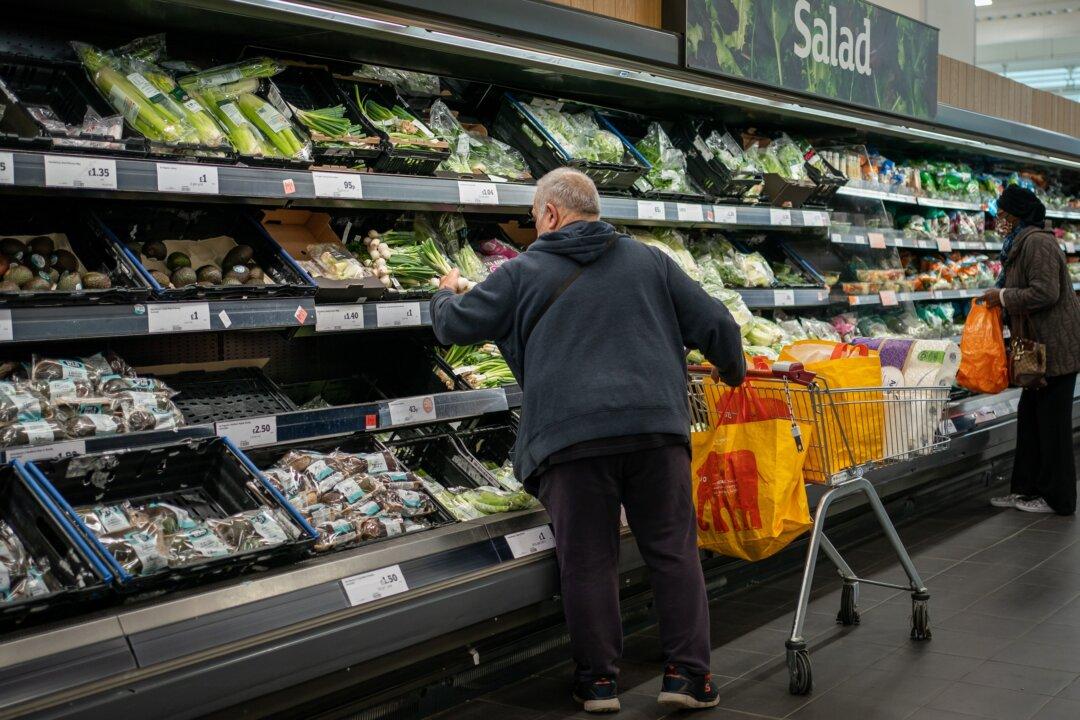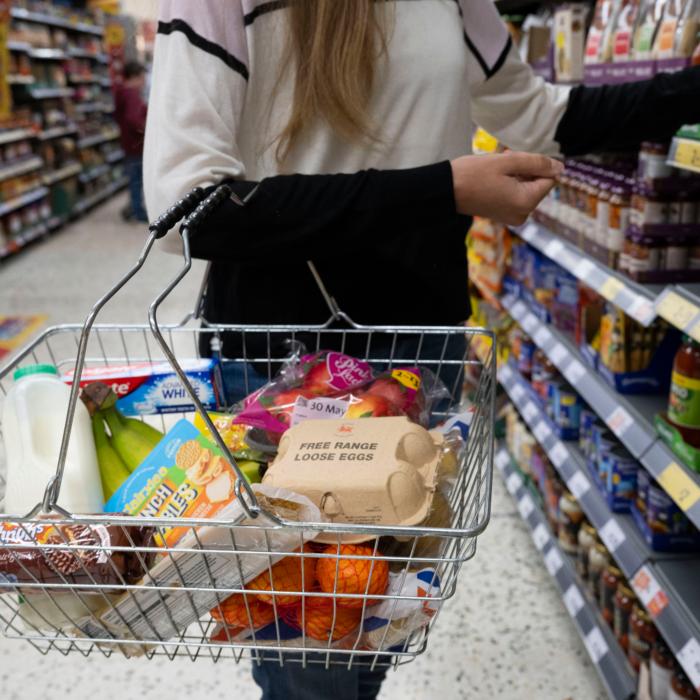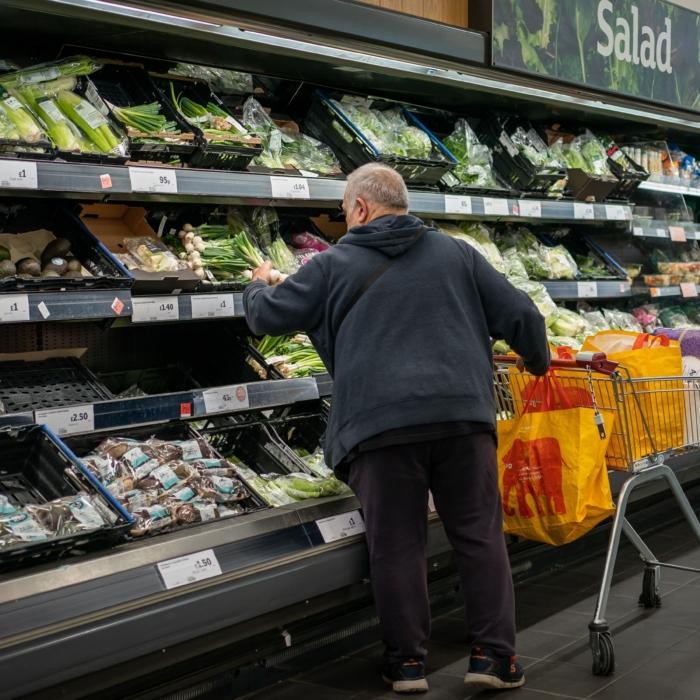Shop price inflation has dipped to its lowest level in more than three years, driven by big discounts and fierce competition, the latest data has found.
September was a good month for bargain hunters, according to the British Retail Consortium (BRC) and NielsenIQ Shop Price Index. Consumers benefited from cheaper overall prices, which were 0.6 percent lower than they were a year ago.
Last month’s figures were also an improvement on August, when shop price deflation of 0.3 percent was recorded. Monthly prices have been dropping in seven of the last nine months, said BRC Chief Executive Helen Dickinson.
Big discounts by retailers, which remain highly competitive, pushed shop price inflation down.
“This was driven by non-food, with furniture and clothing showing the biggest drops in inflation as retailers tried to entice shoppers back. Food inflation edged up slightly as poor harvests in key producing regions led to higher prices for cooking oils and sugary products,” Dickinson said in a statement.
Non-food inflation was at its lowest rate since March 2021. Non-food goods were 2.1 percent cheaper in September, down from August’s deflation of 1.5 percent and below the three-month average rate of 1.5 percent.
In the food category, prices increased by 2.3 percent, higher than August’s 2 percent figure and above the three-month average rate of 2.2 percent.
However, the BRC reported that the annual rate in food items continued to ease and remained at its lowest rate since November 2021.
The price index recorded an increase in the fresh foods category and a slight monthly drop—from 3.4 to 3.3 percent—in ambient foods.
“Easing price inflation will certainly be welcomed by consumers, but ongoing geopolitical tensions, climate change, and government-imposed regulatory costs could all reverse this trend,” said Dickinson.
Ahead of the upcoming October Budget, she called on the government to adjust the taxation for the retail sector.
“Retail faces a disproportionate tax burden compared to other industries and Government must take decisive action in the upcoming Budget and introduce a 20 percent Retail Rates Corrector - a 20 percent adjustment to bills for all retail properties - to level the playing field. This will allow retailers to continue to offer the best possible prices to their customers while opening shops, protecting jobs and unlocking investment,” Dickinson said.
Head of retailer and business insight at NielsenIQ, Mike Watkins, said that retailers will have to focus on attractive promotions over the next few weeks to drive demand.
Consumer Confidence
The dip in shop price inflation in September didn’t translate into greater consumer confidence, which recorded a big fall this month.The index measures people’s outlook for personal financial situation and views on the general economy for the coming year. Another measure is the major purchase index, where respondents say whether they think it is the right time to make major purchases.
All measures were down in September, compared to the previous month. Neil Bellamy, consumer insights director at GfK, said that “this is not encouraging news for the UK’s new government.”
“Strong consumer confidence matters because it underpins economic growth and is a significant driver of shoppers’ willingness to spend,” said Bellamy in a statement.
He cautioned that government cutting the Winter Fuel Payment and expected further spending and welfare cuts this month, could affect consumer confidence as they “nervously” await the Budget.







